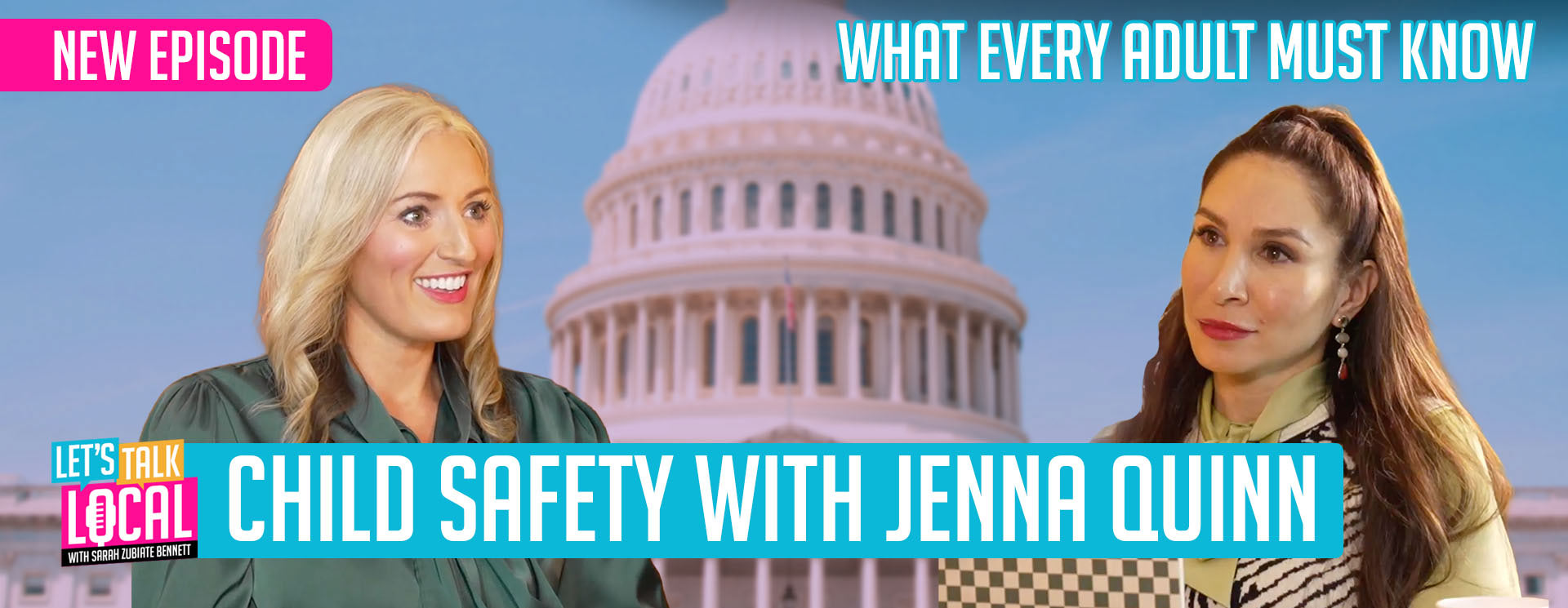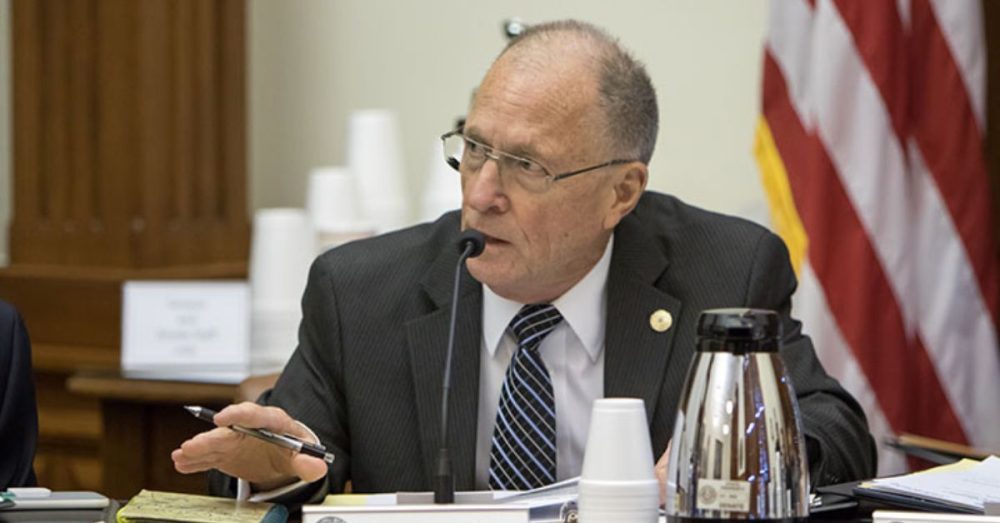(Texas Scorecard) – A state senator is aiming to abolish the Texas Lottery.
Senate Bill 1988, filed by State Sen. Bob Hall (R–Edgewood), was considered Monday by lawmakers on the Senate Committee on State Affairs.
Unlike other proposals, the measure would completely abolish the state’s lottery game, not just the embattled commission overseeing it.
Hall’s measure would also essentially create a new body to oversee the state’s charitable bingo games. Currently, charitable bingo is regulated by Texas Lottery commissioners.
While laying out SB 1988, Hall recalled the fiery confrontation between lawmakers and lottery commissioners in a previous Senate State Affairs hearing earlier this year.
Commissioners were initially called to the hearing to provide testimony on a measure authored by Hall to ban lottery ticket resellers, also known as couriers, which they had allowed to operate despite statutory concerns.
While debate raged over ticket resellers—who purchase lottery tickets online on behalf of others—lawmakers also addressed other concerns plaguing the Texas Lottery.
Among them are multiple suspicious jackpot winnings, including a bulk purchase of tickets in April 2023 and an $83.5 million win facilitated by the courier service Jackpot at its retail store, Winner’s Corner.
It appears that “the Lottery Commission has enabled a private-public syndicated crime partnership, led by a state agency … to engage in a criminal conspiracy to defraud Texans,” said Hall before committee members while laying out SB 1988 on Monday.
The senator also accused the lottery commission of circumventing state law prohibiting lottery purchases via telephone by facilitating ticket resellers.
“The lottery commission has failed to uphold any of the principles of honesty and integrity that it has been charged by the Texas Legislature with protecting,” he continued.
Hall told State Sen. Angela Paxton (R–McKinney) that he initially approached lottery commissioners with good faith and trust, but quickly realized it was not reciprocated.
“They were bringing me answers and lying to me—absolutely lying to me in the meeting,” said Hall about the commissioners’ explanations for suspicious jackpot winnings and rule changes. “And so, it’s not the same commission. It’s not the same thing that was established initially by the legislature.”
Rob Kohler, a consultant with the Texas Baptists’ Christian Life Commission, testified in favor of SB 1988. He specifically noted that the lottery has failed to be what it was established to be—a voluntary, progressive tax to fund education.
“When you look at where the sales are coming from, [they’re in] areas where per capita income is low, compared to … wealthy districts,” said Kohler. “It’s coming from the folks who can least afford it.”
“This enterprise may have been voluntary, but it’s certainly a regressive enterprise,” he added.
Answering a question from Paxton, Kohler also pointed out that only about 24.5 cents of every dollar have gone to education, with around 60 cents going to pay prizes, and the rest going to administrative costs and the state.
Texas is also increasingly relying upon scratch tickets, according to Kohler, of which only eight to 10 cents goes towards state revenue.
“It’s a tremendously ineffective tax,” said Kohler.
Sergio Rey, the acting deputy executive director of the Texas Lottery Commission, also fielded questions at the hearing. Rey, the commission’s former chief financial officer, took over from Ryan Mindell after he resigned in late April.
Hall grilled Rey about recent executive management decisions of the lottery, including flip-flopping on the legality of lottery ticket resellers between the separate Finance and State Affairs hearings in the Senate.
Rey largely deflected Hall’s questions.
“I cannot speak to the thought processes of the predecessors … whether they either directly intended to do harm to the integrity and the honesty of the commission, or they were just unintended,” responded Rey.
SB 1988 was left pending in committee.
Hall told Texas Scorecard after the hearing that the situation with the Texas Lottery was not merely “a case of bad actors outsmarting a well-meaning system.”
“It is a case of bad actors within the system manipulating the rules to open the floodgates for fraud, money laundering, and potentially international criminal conduct,” said Hall.
“From knowingly allowing underage gambling and internet-based ticket sales to facilitating a $95 million jackpot steal with machines shipped to illicit operations, the Commission’s actions reflect either egregious negligence or active conspiracy,” he added.
Last week, lottery commissioners finalized a rule change to revoke the licenses of retailers who are “knowingly selling tickets to, working with, or otherwise assisting couriers.”
Hall’s measure to codify an explicit ban on lottery ticket resellers in state law was passed by the Senate in late February. It is scheduled to be heard on Tuesday by members of the House Committee on Licensing and Administrative Procedures.
Lt. Gov. Dan Patrick, who successfully pushed the governor’s office to expand its investigation into the lottery commission, told Nextar Media Group earlier this week that the lottery was currently on “life support.”
He also said that if the lottery were to survive in Texas, the commission would have to be disestablished and its operations turned over to another agency, like the Department of Licensing and Regulation.


